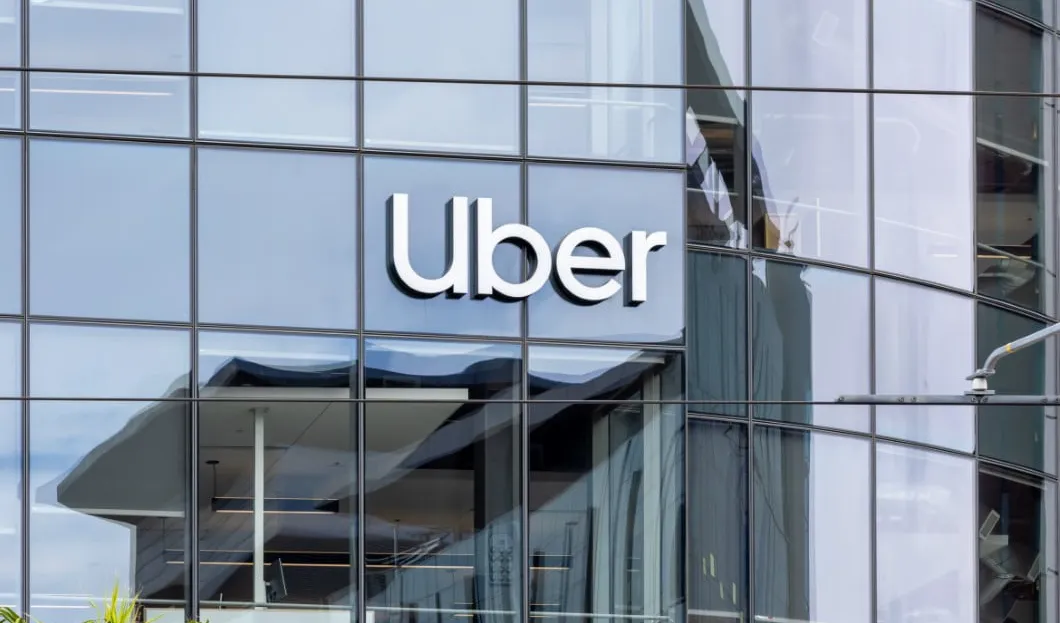
As far as the eye can see, there's a vast Savannah filled with zebras, lions, rhinoceroses, and scattered giraffes. Amid this stunning landscape is a khaki truck adorned with the Uber logo. This is the latest experiment by the American company Uber Safari. Two years ago, customers could ride in a Santa Claus sleigh with the brand's four letters clearly visible on the reindeer and vehicle.
Recently, the Financial Times revealed that Uber is considering acquiring the travel site Expedia. This raises the question: what is a company that revolutionized ridesharing doing in the travel sector? At first glance, it might not seem to make much sense. However, it's important to note that Dara Khosrowshahi, the CEO of Uber, previously led Expedia from 2005 to 2017 and is currently a non-executive board member.
Moreover, Uber continues to innovate in the realm of travel experience, offering unique activities such as hot air balloon rides in Cappadocia, Turkey, and boat trips exploring the Greek islands. Is Uber on its way to becoming a tour operator like any other?
Uber positions itself as its customers' "travel partner" wherever they go, aiming to offer more than just transportation. This approach has seen more experimentation in recent years but is not a new strategy for the American company. The origins of Uber’s model, initially known as UberCab, trace back to a startup founded in Silicon Valley after its founders struggled all night to find a taxi in Paris. This feels like a long ago, especially considering Uber's remarkable expansion.
Since then, Uber has diversified significantly. In 2013, the company launched a helicopter service to transport passengers from New York to the Hamptons. In San Francisco, they introduced "Boat to Work." In 2017, they unveiled "UberCopter," which enabled quick seven-minute flights to the Croisette in Nice during the 70th Cannes Film Festival. Two years later, New Yorkers could take air travel from Manhattan to JFK airport.
In 2016, the company ventured into China, offering hot air balloon rentals through its "Uber Travel" division.
In 2022, following a series of lockdowns, Uber launched several new services, starting with "Uber Sleigh" in Lapland for the Christmas season and "Uber Boat" in London, which transports passengers along the Thames thanks to a partnership with Thames Clippers.
In 2023, Uber introduced "Uber Balloon," offering hot air balloon rides for visitors in Turkey. Moving into 2024, "Uber Boat" will expand to allow travelers to explore the Greek islands, while in Venice, passengers can experience "Uber Water Taxis" to navigate the city's famous canals. "Uber Seaplane" will also provide scenic views of the Scottish Highlands, and "Uber Safari" will offer safaris in South Africa.

Experts have noted that "Uber Safari" is an intriguing offer. The safari sector had been relatively stagnant for some time, and this initiative helped to revitalize it. Transportation is crucial for this type of experience, and Uber has significant expertise in urban transport.
Notably, the new service aims to be more affordable than traditional safari options, which could make the experience accessible to more locals. The first travelers in South Africa are often South Africans, many of whom lack the financial means or logistical support to visit the reserves. Additionally, by encouraging more South Africans to experience their wildlife reserves, there is potential to increase awareness about conservation issues.
Experts are not convinced about the impact of this new offer for international tourists. Operators offering discounted prices on safaris are not a new phenomenon, and South Africa is not considered the most expensive travel destination. Additionally, planning your own trips, including safaris, at lower prices is already possible.
Moreover, the controversial giant's system raises significant questions, particularly regarding after-sales service in the event of a dispute. Uber's model does not hold multinational companies responsible for the services provided. This means that if a purchased service does not meet expected standards or an incident occurs, the service provider is liable. However, these providers must possess the necessary skills and adhere to safety criteria to ensure traveler safety, which certified travel agencies and organizations already do. Thus, entering this niche without assuming liability is complicated.
Is this a genuine desire to enter the travel sector and potentially transform it, or is it merely another PR stunt by a specialist in the field? We've already seen Google attempt to invest in travel, which makes sense given that it's a promising area with significant growth potential. Uber seems to be focusing more on a series of advertising campaigns. They openly admitted this during discussions, mentioning that these types of campaigns were their primary focus. While this approach seems to be a bit superficial and lacks urgency for now, the situation could change rapidly. If Uber decides to take it seriously, the company could quickly become a significant global player in the travel industry.









